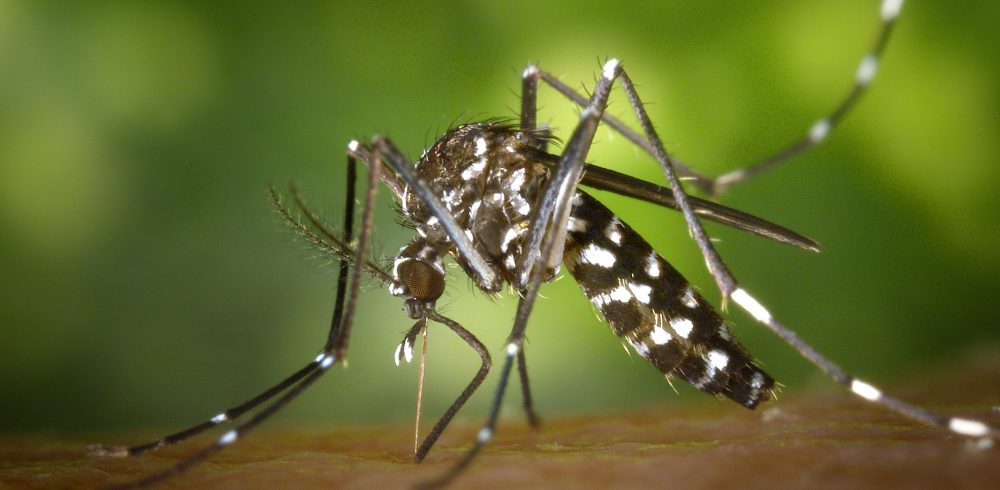A British biotech company called Oxitec have pioneered a novel twist on American Scientific research from the fifties. In the American south an outbreak of parasites known as screwworm caused devastation on food supplies and cost hundreds of millions in annual losses. A screwworm is the larval stage of Blowflies and can kill animals within ten days of infection. Raymond Bushland and Edward Knipling bred large numbers of blowflies, sterilized them with X-rays and released them into the wild. When the sterile male mates with the native female the offspring produced are also sterile, thus within two decades the problem was brought under control.
Oxitec have taken the Sterile Insect Technique on as their own but have swapped irradiation for the cost effective yet controversial genetic modification. Researchers have developed a transgenic strain of the aedes aeqypti mosquito which transmits the virus responsible for Dengue Fever. There is no current cure for this disease which can result in severe flu-like symptoms and have mass complications that effect up to 400 million annually. These numbers are rising.
The companies technique involves a lethal gene to be inserted into embryos. Scientists and research engineers rear the modified mosquitoes in a laboratory keeping them alive by supplementing their diet with antibiotics. Modified males do not bite thus cannot pass on the disease. When they are ready they are released to the wild to mate with females, as the offspring needs the dietary requirements of their father to remain alive the mosquito dies before becoming an adult. Continued releases of the modified creatures should cause a crash in mosquito numbers.
While Aedes Aegypti remain the main reason for Dengue Fever another species of mosquito called the Asian Tiger Mosquito has expanded across Panama over the past three decades, so the fever might not have the huge drop in number rates researchers are hoping for. The research has also caused upset in those apposed to genetic modifications especially at this stage as firm results will not be available for a few years. Regardless this could be an exciting leap forward in GM advancements and results from the Aedes Aeypti studies could be the future in treating diseases on a worldly scale.
















